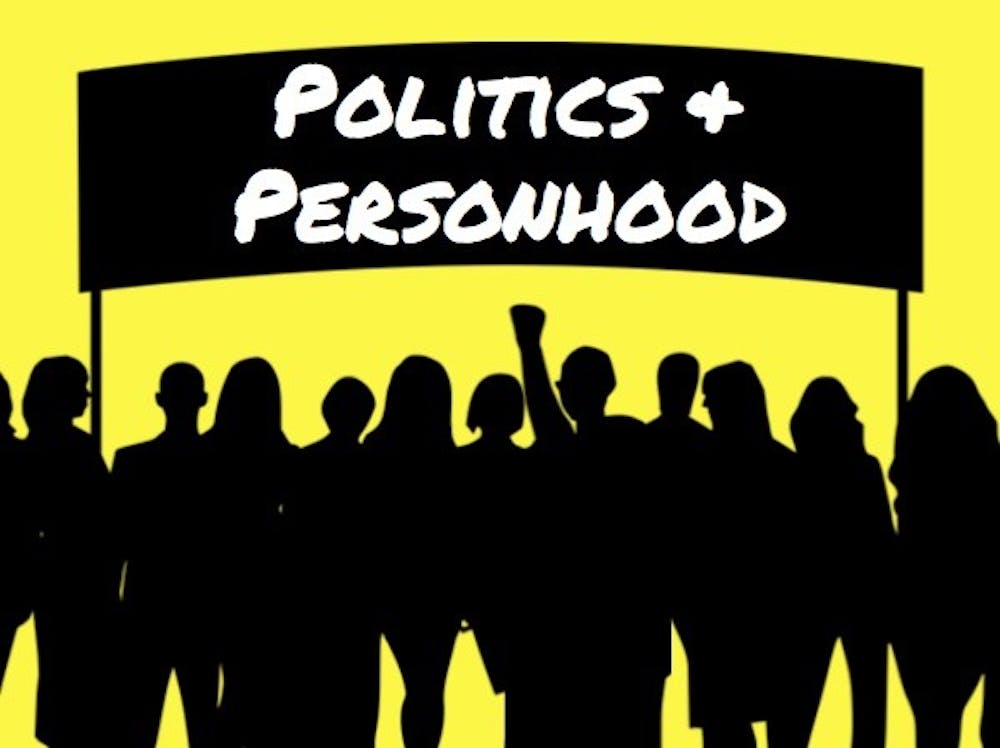Editor's Note: The views and opinions expressed in this article do not reflect those of The Collegian.
Amid many other concerns that have surfaced because of the outbreak of COVID-19, racism against Asian Americans is one that should not be forgotten. The outbreak of COVID-19 has undeniably shed light on an issue that can no longer be ignored.
The Chinese Exclusion Act of 1882 marked the first time that U.S. immigration laws largely denied an entire ethnicity entrance to the country. During World War II, the U.S. put people of Japanese ethnicity – citizens and non-citizens alike – in internment camps because of fear of conspiracy.
Additionally, a pattern similar to the one we are seeing today emerged in the 1800s when health authorities accused East Asians of having diseases, such as smallpox. The same mass xenophobia and racial stereotyping are emerging now as a result of the COVID-19 outbreak.
Over the past few months, several videos of verbal and physical attacks against Asian Americans have surfaced. The attacks are fueled by fear that Asians, or people who look Asian, are responsible for COVID-19, as it originated from China. It seems that people have finally found an excuse to express the bigoted ideas they have held for a long time.
It took decades of work for Asian Americans to slowly distance themselves from their negative portrayal. During the mid-1900s, the country began to see Asian Americans as the “good Americans,” largely due to political maneuvering that painted Asian Americans as a passive, law-abiding model minority. Those not deemed as successful were, of course, ignored.
Immigrants are held to an impossibly high standard, constantly having to prove their ability to fit into American society. The level of excellence they are expected to reach is not one that we hold American-born citizens to.
Today, harassment of Asian Americans does not get the attention it deserves because it isn't thought to be as severe as harassment against other minorities. We think of them as the model minority that has seamlessly assimilated into American society.
I condemn assimilation because it is a vague concept frequently used to determine the worth or Americanness of immigrants. Often, it is a thinly-veiled way of testing an immigrant's ability to either fully adopt or learn to accommodate white culture while shunning their own.
The concept of assimilation is so frustrating to me because it can never be reached. It doesn't matter how much we adapt. For most racial minorities, as long as the color of our skin is not white, we are never truly protected from the stereotyping that has followed us for decades. All people need to reignite racism toward us is an excuse, whether it be an economic downturn or a disease.
Nevertheless, many Asian Americans are highly educated and have lucrative careers. I say this not to prove the supposed Americanness of Asian Americans, but rather to point out that as long as you are a minority in our country, there is nothing that can protect you from prejudice.
Asian Americans are antagonized despite their integration into and elevation of American society. And more importantly, their antagonization is ignored.
Enjoy what you're reading?
Signup for our newsletter
We have held the false notion for a long time that racism against Asian Americans can be trivialized because it has not always been highly publicized or overwhelmingly frequent. But the racism rising because of COVID-19 has shown that we must take the issue seriously. All racist ideals, as minor as we may think them to be, are dangerous, because reasons to fuel them can always be found.
I urge everyone to not let such despicable behavior go unpunished or, at the very least, unnoticed. Just this year, students came together demanding change against the racist attacks we have seen on campus.
It is our responsibility to stand up for our fellow Americans – for our fellow humans – and not let the racism and injustice they experience prevail.
Contact columnist Reda Ansar at reda.ansar@richmond.edu.
Support independent student media
You can make a tax-deductible donation by clicking the button below, which takes you to our secure PayPal account. The page is set up to receive contributions in whatever amount you designate. We look forward to using the money we raise to further our mission of providing honest and accurate information to students, faculty, staff, alumni and others in the general public.
Donate Now



